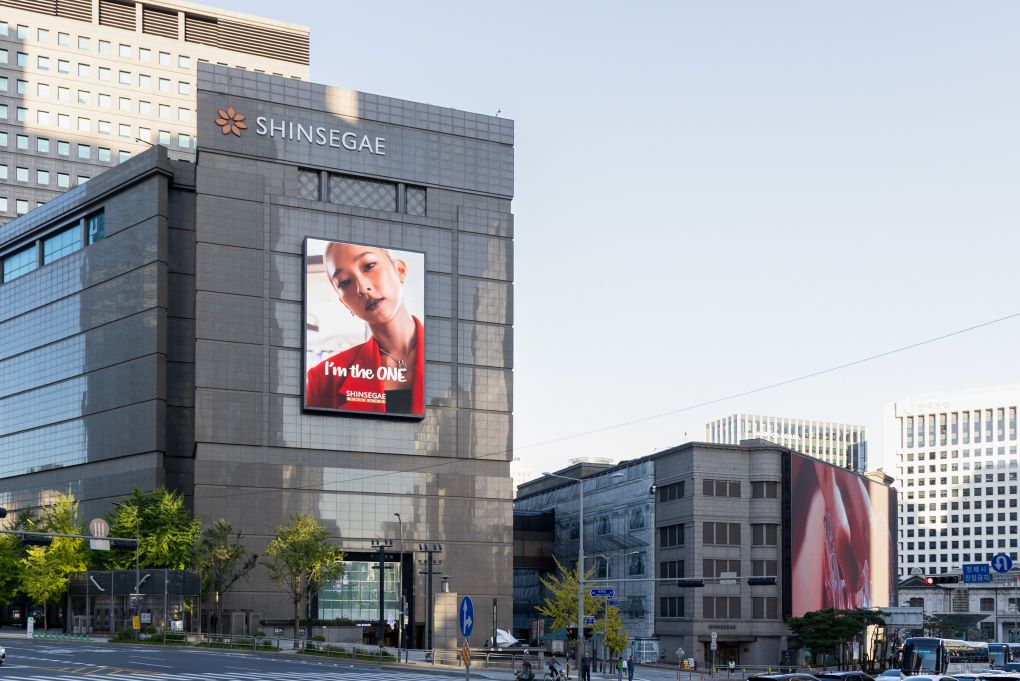Introduction: On 1 September, Dufry implemented a new organisational structure designed to support profitability and accelerate growth during the recovery phase of the COVID-19-related economic and industry crisis and beyond.
The wide-ranging changes included the grouping of countries into a reduced seven clusters plus North America, down from the previous 23, and simplifying the first management level by grouping related functions. Dufry also introduced a slimmed down Global Executive Committee to reflect organisational changes.
It comprises:
• Julián Díaz, Group Chief Executive Officer
• José Antonio Gea, Deputy Group Chief Executive Officer
• Yves Gerster, Chief Financial Officer
• Eugenio Andrades, Chief Executive Officer Operations
• Roger Fordyce, Chief Executive Officer North America
• Andrea Belardini, Chief Commercial Officer
• Luis Marin, Chief Corporate Officer
• Pascal Duclos, Group General Counsel
In a three-part Moodie Davitt Report exclusive, we are featuring interviews with a trio of those executives – Andrea Belardini (click here to read), Eugenio Andrades, and Luis Marin. Our series continues today with Chief Executive Officer Operations Eugenio Andrades, who talks about how Dufry can emerge stronger from the crisis through a focus on a sustainable business proposition, key partnerships, and a greater organisational flexibility.
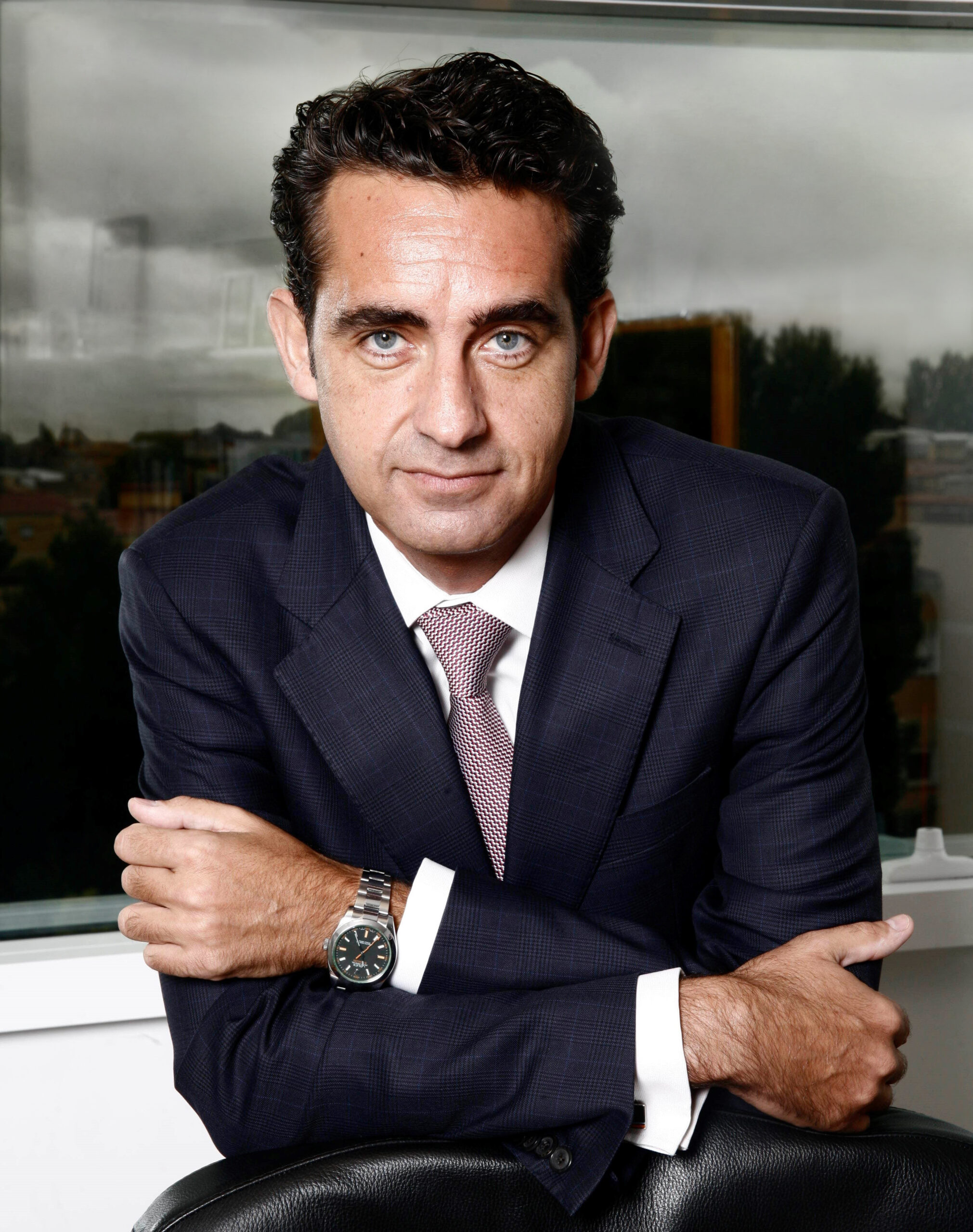
Eugenio Andrades is a near 25-year veteran of the travel retail industry, having joined Spanish travel retailer Aldeasa (long since integrated into Dufry through the latter’s acquisition of World Duty Free in 2015) in 1996. That experience will serve him well as he takes on new responsibilities amid the most challenging period in travel retail history.
In Dufry’s sweeping corporate restructure announced this June and implemented in September, Andrades stepped up from his role as Divisional CEO Europe, Africa, and Strategy to become Chief Executive Officer Operations.
He is now responsible for the further expansion of Dufry’s growth and footprint, both from a geographic perspective as well as through accessing and developing new channels. So where does he see his key focus areas in accelerating those plans?
“We have always seen sustainable and profitable growth as the main focus of the company,” Andrades replies. “We will continue along this path, including the two main growth areas – to organically increase our sales in locations we currently operate, as well as by enhancing our footprint through new specific locations where we could add value to the current operation.
“Of course, targeted acquisitions remain an important part of our growth strategy and this new environment may open further opportunities.
“As an additional element, going forward we are assigning further importance to developing long-term partnerships and joint ventures allowing to develop the business.”
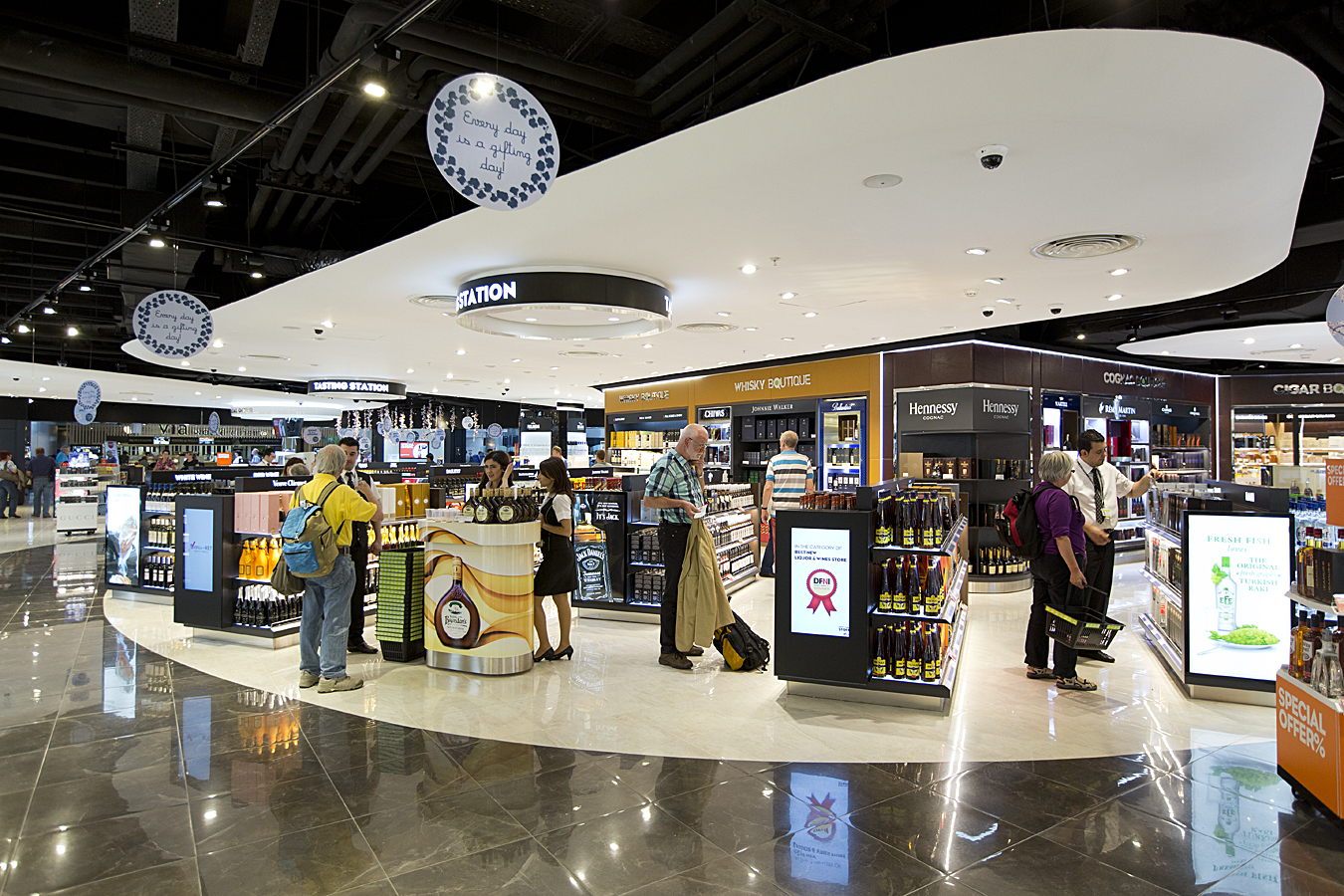
High-profile alliance with Alibaba
The most high-profile of those joint ventures is the blockbuster collaboration with Chinese ecommerce giant Alibaba revealed in October. As reported, the parties are incorporating a joint venture in China, owned 51% by Alibaba Group and 49% by Dufry. Alibaba will inject its established network in China and its digital capabilities.
For its part, Dufry will contribute to the JV its existing travel retail business in China and will support the partnership with supply chain and strong operational skills. Additionally, Alibaba Group has taken an equity investment in Dufry (currently 6.1%) with a target ownership of up to 9.99%.
“Our recently announced JV and collaboration with Alibaba to develop the travel retail business in China and evolve our digital transformation is an excellent example of our approach – to join forces with strong partners and develop opportunities leveraging each partners’ strengths and experience,” says Andrades.

So to the question on just about everyone’s lips in the travel retail community – what does the joint venture with Alibaba change for Dufry? “The joint venture with Alibaba aims at assessing and developing new opportunities for the travel retail market in China by leveraging the mutual experience both companies have,” he replies.
“We are two strong partners with specific capabilities and knowhow, which we want to combine to further evolve the business. Alibaba has a well-established network of over 800 million consumers in China and is one of the leading ecommerce players worldwide. And we can contribute our in-depth knowledge of how to operate travel retail shops as well as customer behavior insights we gain across the globe with dedicated first-hand market research.
“In a more complex world and environment, strong partnerships among experts with complementary capabilities deliver extra value and a more holistic approach to our customer requirements.”
Full steam ahead for Hudson
Another headline-grabbing development this year – again aimed at the simplification of the company structure – saw the announcement of the delisting of Hudson from the New York Stock Exchange and the plan for full reintegration into the Group organisation.
Does this decision, announced in August, change anything in terms of Dufry’s growth strategy in the US and Canada?
“No, from a growth perspective we will not change the strategy in North America,” Andrades responds. “The integration will be more visible internally, with further aligned processes, shorter decision making and less complexity in the overall Group management.
“Externally, we will continue to act as the traveller’s best friend in domestic and international travel retail as well as evolving our presence in the airport food & beverage (F&B) space. This is an attractive proposition for airports, as they can have their whole commercial space managed with one single partner. Over the past few years, we have been further developing our experience in this area and know how to best integrate F&B and travel retail to maximize revenues for both partners.”

Asked how the new streamlined group organisation supports Andrades in achieving his goals, he answers: “In my area of responsibility, we combine all the functions necessary to further develop the company, starting from business analytics, to business development, retail operations defining the way we operate the shops, as well as the country organisations driving sales, customer service and strong airport partnerships.
“We have short communication lines facilitating decision making and increasing our agility to seize opportunities. And I would say, that through our new cluster structure and their respective COOs, we are now even closer to our airport partners, independently from their size, served nationalities or flight connection portfolios.”
Delivering the full Dufry proposition for the next growth phase
Andrades says that, courtesy of its new structure, Dufry will be better prepared to deliver the right retail concepts required, including digital services, and adapt them according to fast-changing retail requirements.
In this regard, the close collaboration with the commercial team led by Andrea Belardini as well as the financial functions headed by Yves Gerster and the resource departments (HR, IT, Corporate Development & Indirect Procurement) under the responsibility of Luis Marín are key for delivering the “full Dufry proposition”, he observes. Andrades says that the new organisation enhances the group’s competitiveness and prepares it well for a next growth phase.
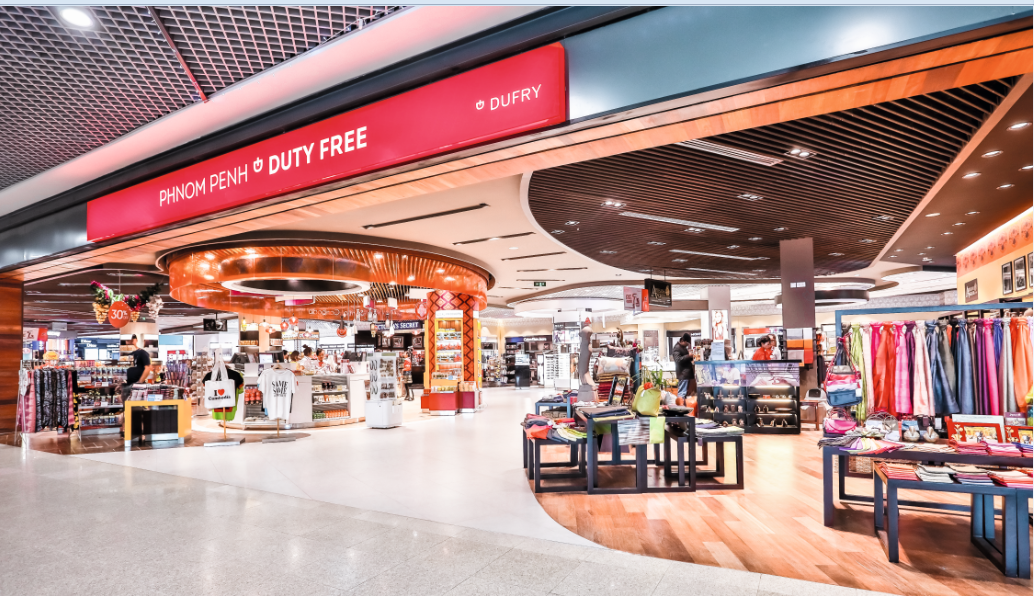
“Moreover, we also see that the airport industry is constantly evolving and consolidating, and so creating international strong airport management groups with global ambitions as we do. Groups such as AENA, Fraport, Vinci or Zürich Airport, to name a few, are very valuable partners to intensify collaboration going forward and build on successful existing activities and develop jointly new projects into the future.
“This is not completely new to me, as I have always strongly believed in close partnerships with landlords, but in the current environment and going forward, this gains in importance even more.”
Where next for the tender model?
Since the pandemic struck, much has been written about the sustainability of the various airport concession models. So what are the most frequent requests Andrades and Dufry are receiving from landlords in the current climate, both within existing contracts and in tenders for new operations?
“If daily performance traditionally tended to be the key discussion point during the course of our conversations, today the focus has changed in the current situation,” he replies. “Our airport partners are the first ones seeing the drastic drop in passenger numbers, so they understand that our ability to perform is limited by that fact.
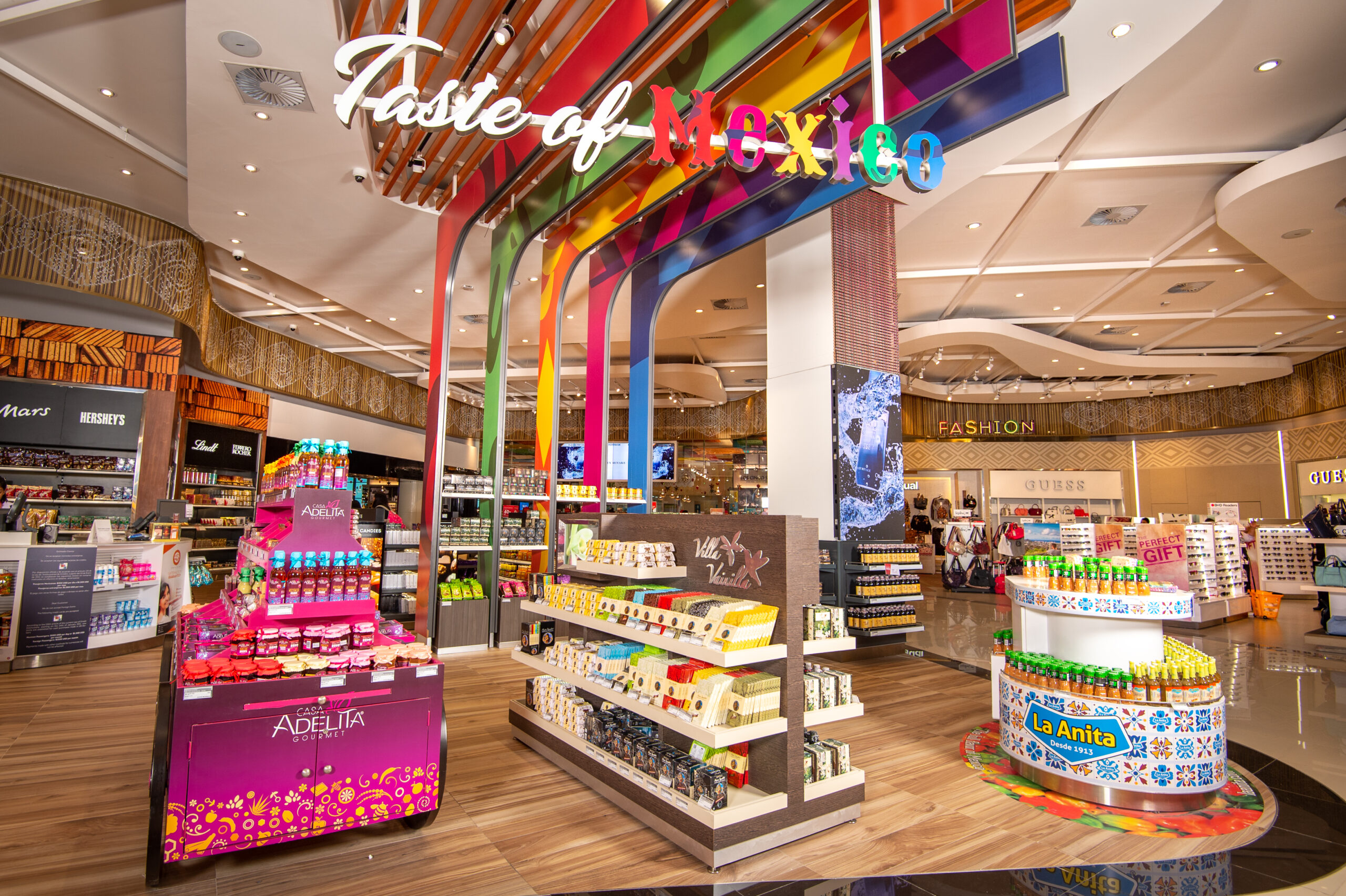
“So for most of them these days providing the right service and a ‘business as usual’ environment tends to be a priority. We share this objective: we try to offer the best possible and safest experience to our travellers during their trips.
“In order to deliver an even better customer service proposition, we are also having more conversations around digital and the way passengers can benefit from it in a moment where digital experiences have even further accelerated in importance.”
Business for good, as well as business for growth
The need to manage crisis has not deviated Dufry from its commitment to Corporate Social Responsibility, Andrades insists.
“During the past years we have considerably accelerated and continuously developed our ESG (environmental, social, and governance) engagement, collaborating with our landlords and suppliers to evolve the sustainability of our industry,” he points out.
“In 2020 we became a signatory member of the UN Global Compact, we have supported UN Sustainable Development Goals (SDG) awareness campaigns for several years and we publish a yearly ESG Report in line with the GRI (Global Reporting Initiative) standards since 2017, thus providing detailed information on our progress.
“Every year we further improve our ESG engagement with a defined action plan and initiatives in different areas, where we can directly drive improvements and have an impact. We are also part of several joint committees with some of our key airport partners. The current pandemic situation is only ratifying the importance we must allocate to a sustainable joint growth.”












